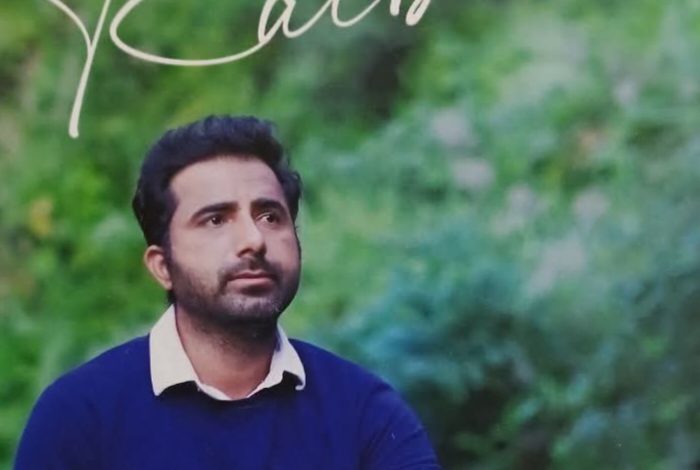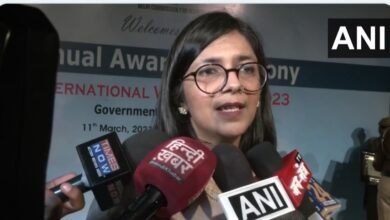Raibaar – THE POSTMAN IS HERE TO DELIVER THE MESSAGE!

SURESH NAUTIYAL Greenananda
Raibaar (The Message) was postponed for a week for some valid reasons.
Now, the wait is over and the Garhwali film, Raibaar, will be released nationally and internationally on the forthcoming Friday 19 September.
In fact, Raibaar is the first Uttarakhand film to be screened in the United States. For sure, it is a film of a new genre in the Uttarakhand film world.
As announced by the producers, Raibaar will be released at the following theatres: PVR, Mall of Dehradun, Dehradun; RR Cinema, Jaipuria Mall, Indirapuram, Uttar Pradesh; PVR Logix, sector 32, Noida, Uttar Pradesh; PVR Vegas Mall, Dwarka, Delhi; Kay Pride Cinema, Kotdwar, Uttarakhand; and Cine Lounge, Fremont 7, California, USA. The California screening is already a sold-out story!
The film, Raibaar (The Message) is directed by Shishir Uniyal. It has been produced by Bhagat Singh Saini, Balraj Jangra, Parveen Saini & Shishir Uniyal of the Kinoscope Films and Vortex Echo Productions. The Co-Producers include Babita Agrawal, Ishita Manna, Ipshita Manna, Rakesh Pokhriyal, Shashi Pokhriyal, and Subhash Chamoli. Mohan Singh Bisht and Kamla Bisht are credited as Pushkar’s Father and Pushkar’s mother respectively. The Character of Manish Gairola is credited as Postmaster.
The story is by Shishir Uniyal and Bhagat Singh Saini; while the dialogues were written by Dinesh Bijalwan and Bhagat Singh Saini. The music has been composed by Rajendra Chauhan and directed by Vibhu Kashiv. Lyrics were composed by Satish Kaleshwari and sung by Rohit Chauhan and Kailash Kumar.
The cast of the film includes Sunil Singh, Shrish Dobhal, Hari Semwal, Suman Gaur, Rajesh Naugain, Mohit Ghildiyal and others.
Inspiration:
The idea for the film originated years ago from a poem by Jeevan Prakash Chamoli, which portrayed a beautiful poetic conversation between a postman and his daughter. This poem inspired the creation of the lead character and his world, highlighting how a postman, selflessly, goes out of his way to fulfil his duty of delivering messages to their recipients. In a nutshell, the films is an emotional drama about fathers, sons, and the redemptive strength of forgiveness.
Window to avant-garde cinema:
Lastly, I hope that the film will prove to be a new genre—avant-garde film in the Uttarakhand filmdom, and eventually push it to the level of Uttarakhand Cinema!





